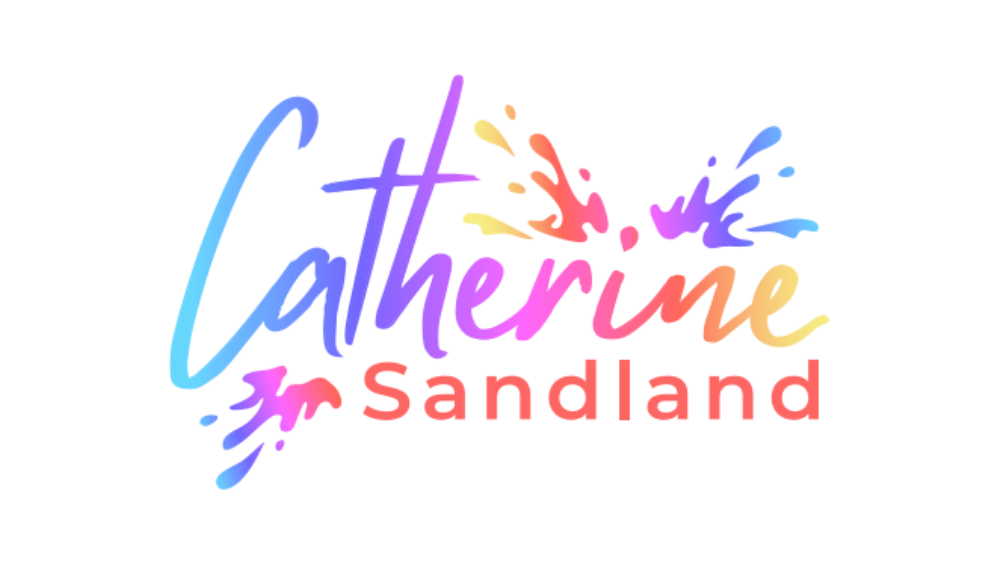Speaking up – and creating conflict
Conflict means different things to different people. But understanding this can improve our communication.

Picture the scene
They were going at it hammer and tongs.
I was mortified. Watching in fascination but equally feeling super uncomfortable, I stood by while my colleagues argued with gusto. Eventually, I blurted out that I was going to go to the bar and could I get anyone anything.
They turned their heads. Smiled at me. Placed their order. Smiled at each other and then recommended their heated argument.
It was one of those memorable occasions where I started to realise two things.
Firstly I really didn’t ( and still don’t) like conflict and will do many things to avoid it ( in this case going to the bar)
Secondly, that conflict means many different things to different people and that understanding this can dramatically improve the way we communicate and get things done.
You see, to me at that time, my colleagues were ‘falling out’. Their raised voices, blunt sentences and rapid speech made me feel uncomfortable. Surely this was awful, a disaster completely the opposite of how teams were meant to work together? Where was the cooperation, collaboration, and support? Where was the respect?
Conflict or banter?
And yet to them, this was delightful banter. Working out a problem with the robust to and fro of direct views. This was a perfect example of teams working together where trust and friendship mean that views could be exchanged even if they were in opposition. This was hugely respectful of each other’s differences.
It is something that I have learned more about and have more experience of over the years now, especially in my work around speaking up.
Speak up
A core message of my work with clients is to speak up. But what if speaking up causes others to be uncomfortable? What if it incites conflict? This can be one of the many reasons why people don’t stand up and speak out: not because they don’t have something to say and not because they don’t how to say it, but because saying it makes them vulnerable and upsets the status quo.
Courage to speak up
But isn’t that the very reason why we should: Not when it is easy but precisely when the need is critical to speak up? I have read the book Rebel Ideas by Matthew Syed. Having the courage to speak out with ideas perspectives and opinions and views that are ‘rebel’ ie different is the only way to challenge and change for the future.
Conflict means different things and has a different impact on people. For some it is the regular exchange of views, for others it spells disaster and is hugely triggering and then there are all the views in between.
We need to understand this if we are going to communicate clearly with others. How we see conflict and experience it ourselves and how others respond to a situation of potential conflict.
I have been reminded of this recently yet again as I prepare for a meeting that is likely to raise issues that are important and personal on both sides. At this point in time it is difficult to see where the areas of agreement might lie and how a resolution is to be met from such disparate starting points. But knowing that conflict can be healthy and understanding how our own responses to conflict and those of others is going to be critical to the successful outcomes of that meeting.
Embrace conflict and have courage
Speaking up takes courage.
Speaking up means we have to embrace conflict and be prepared to shake up the status quo with rebel ideas and views.
We need to know what to say and how to say it, but it starts with courage.
If you’d like to know more about how you can stand up and speak out, let’s arrange a chat.
